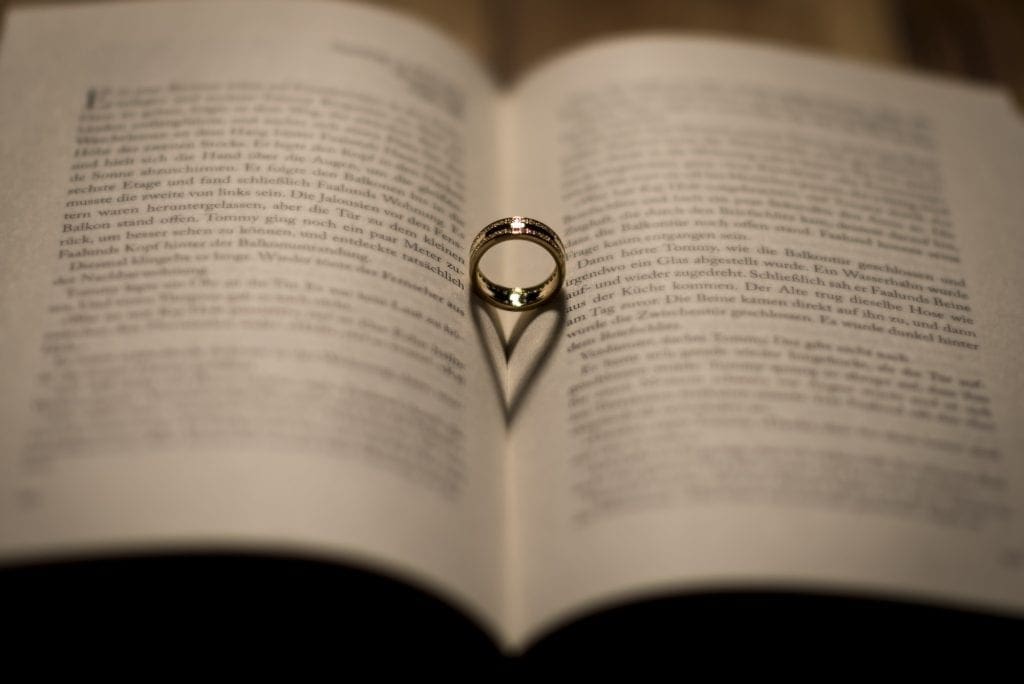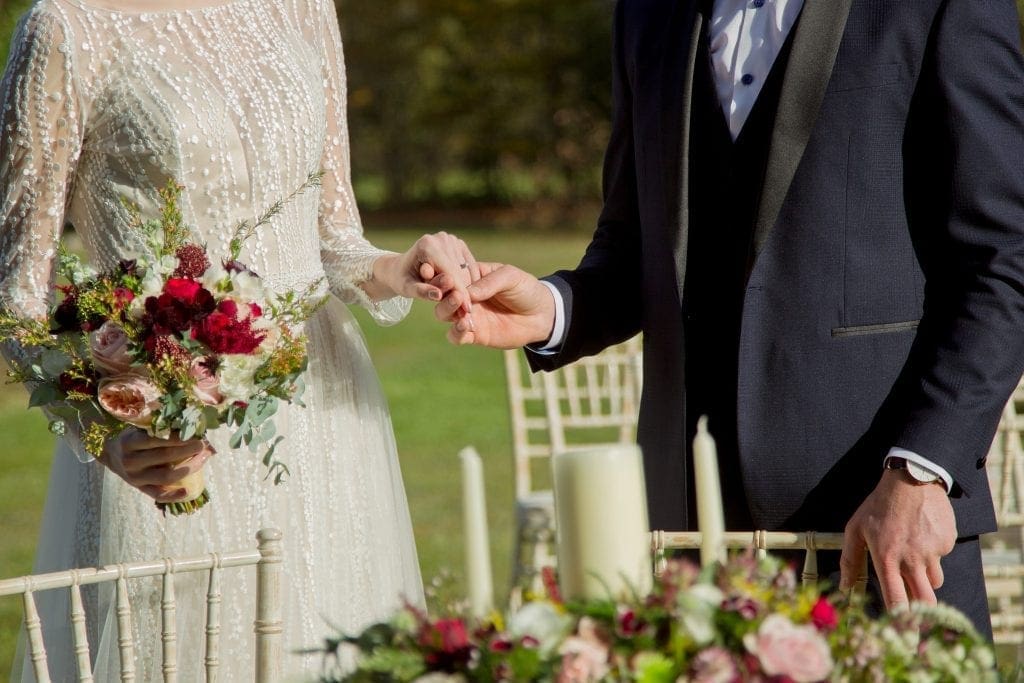
If I found this confusing, no doubt so have you all! One thing that I hear couples ask time and time again is what’s the difference between a celebrant and all other names of those performing ceremonies i.e humanist, solemniser, priest etc. I had to check in with my wedding celebrant pal Sue to get the scoop and for my own knowledge, I wanted to see if anything had changed since the last time I wrote about this subject matter. Here we go…..buckle in….we’ve a lot to cover! There are:
– Civil Registrars
– Spiritualist
– Humanist
– Multi-faith
– Independent Professionals
– Celebrants
– Other secular options
Who does what? The civil registrar is based in your local registry office and some come to your HSE approved venue. They are quick, generally personal touches are a minimum and perfect for those who just want to get in and out. If you were thinking of getting married abroad, you can do the legalities here and then a personal blessing in your ceremony country. This is a pure legal ceremony and bells and whistles are at a minimum. They are available Monday to Friday only. The same applies if you are looking to get married in a venue outside the HSE approval list. To clarify, the civil registrar will only marry in venues that have been approved so this means that if you wanted to get married in your grannies garden, that’s probably going to be a no.
 This is where the celebrant kicks in, you handle the legal side with the registrar in your local office and save your blessing with your guests.
This is where the celebrant kicks in, you handle the legal side with the registrar in your local office and save your blessing with your guests.
Celebrants like Sue explains;
“A celebrant just allows you an extra layer of flexibility but can tailor the blessing to suit your personal needs. We are not restricted by locations and work weekends so that dream Saturday wedding on a beach might just be achievable. Celebrants are also flexible with the content of your wedding as even though you may not choose a religious ceremony or have mixed religions/cultures, we can bring all of that together for you. I like to just get the ideal day for a couple ideated and not be constraint by all of the protocol that other ceremonies have to adhere to.” Sue
If you were choosing to go down the 100% no religious route, a humanist is what you will need, A Humanist wedding is completely secular (ie non‐religious, with no hymns, prayers or bible readings). A humanist can marry you legally during your ceremony and outside the constraints of the Monday to Friday routine and at your chosen location within reason. The main problem in Ireland is that we have a shortage of humanists and weekend availability is very low.
If you don’t identify as a particular religion but are a spiritual couple, then a Spiritualist option might be for you.
“A spiritual wedding ceremony is a non denominational ceremony and it doesn’t conform to the religious aspects of the mainstream religious beliefs. Although spiritualism is a religion in its own right. As part of the spiritual ceremony couples can, if they choose, invite those from the spirit world to be present with them to share their special day and remember those who have passed to the spirit world in way not traditionally seen at a wedding ceremony.” Sue
Multi-faith is the option for those who want a blend of religions or beliefs in their ceremony and whose needs would not be best served by one particular religious service. Again, a celebrant can wrap up various aspects of your views, likes and ideas. A wedding celebrant is someone who presides over a wedding ceremony but is not legally invested to marry a couple. Wedding celebrants are professionally trained. Sue who has helped me with this information is trained by the IIOC (Irish Institute of Celebrants). You would use the civil registrar during Monday to Friday to pop in and sign your papers and then do the celebrant ceremony with your wedding guests.
I’ve known many that have popped in during their lunch!
“Celebrants are for couples who feel they want something more personal, unique or meaningful than a religious or civil wedding or partnership. These type of ceremonies are light, bright, beautiful and bespoke. There are many reasons why you would need to use the services of a celebrant.”
A celebrant writes and conducts the ceremony that celebrates the couples union. They ensure that the ceremony is totally unique to the needs of the couple as they write their love story which is the centrepiece of the ceremony. What I found interesting is that you get the best of both worlds as they can also incorporate prayers, readings, poetry and songs of the couples choice. A celebrant led ceremony is bespoke and there is a lot of flexibility for couples. This is especially seen with aspects such as location, time of week, and the different additions/enhancements that can be included in the ceremony to make it personal. (Sand ceremony, unity candles, hand fasting etc!)
If you are interested in chatting through your wedding ceremony options, get in touch Sue right here: #Sponsored
Comments are closed
